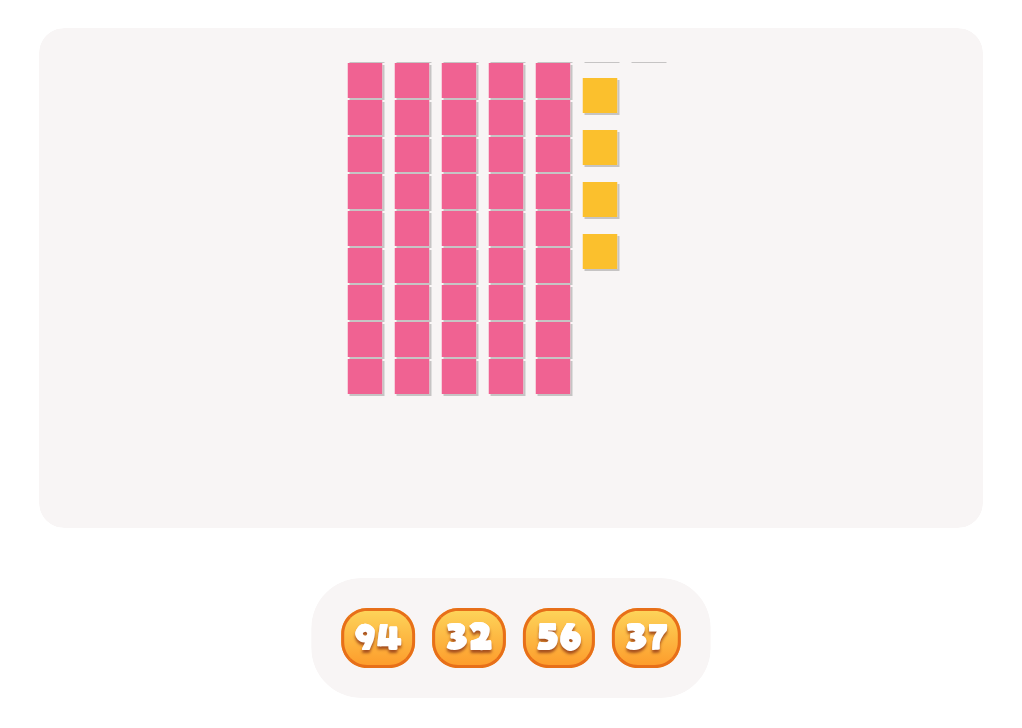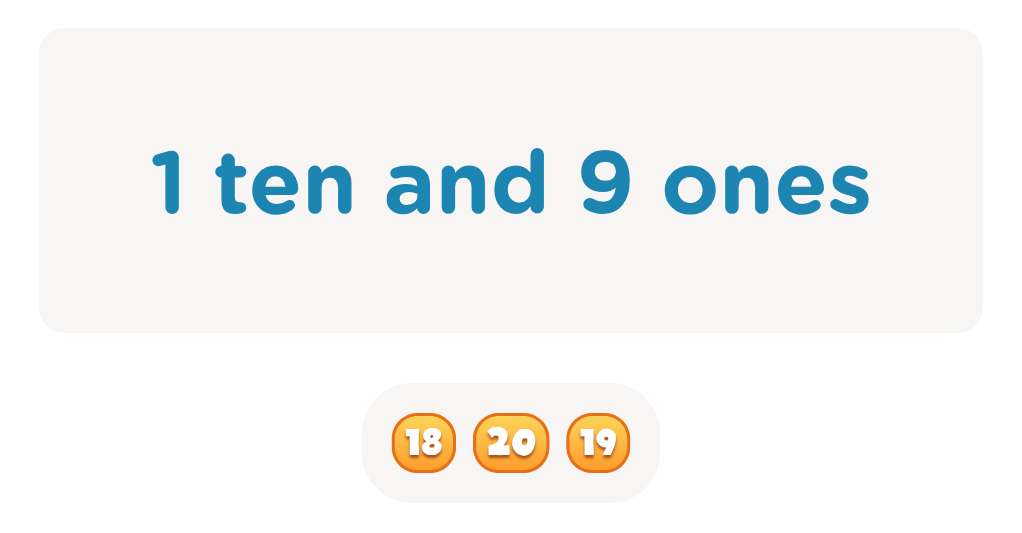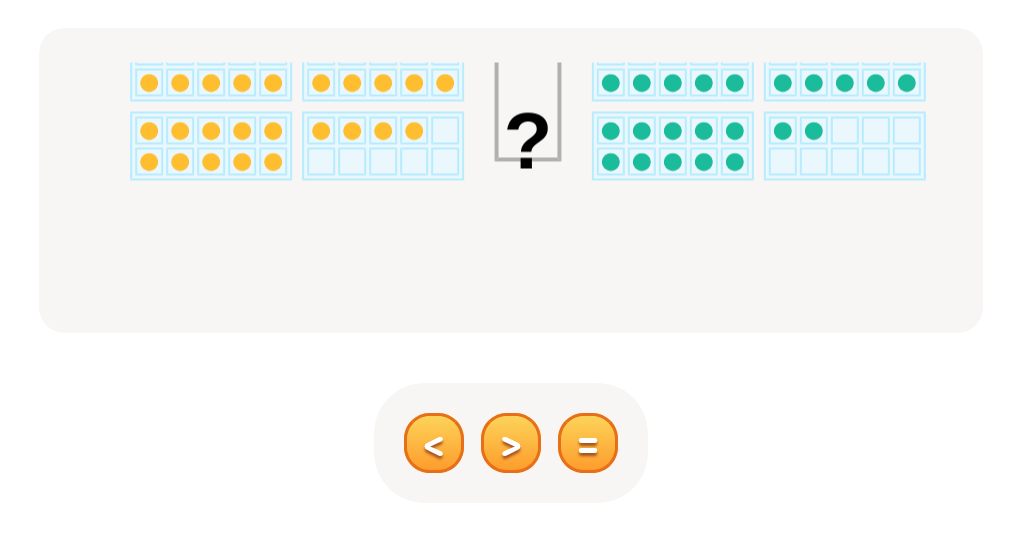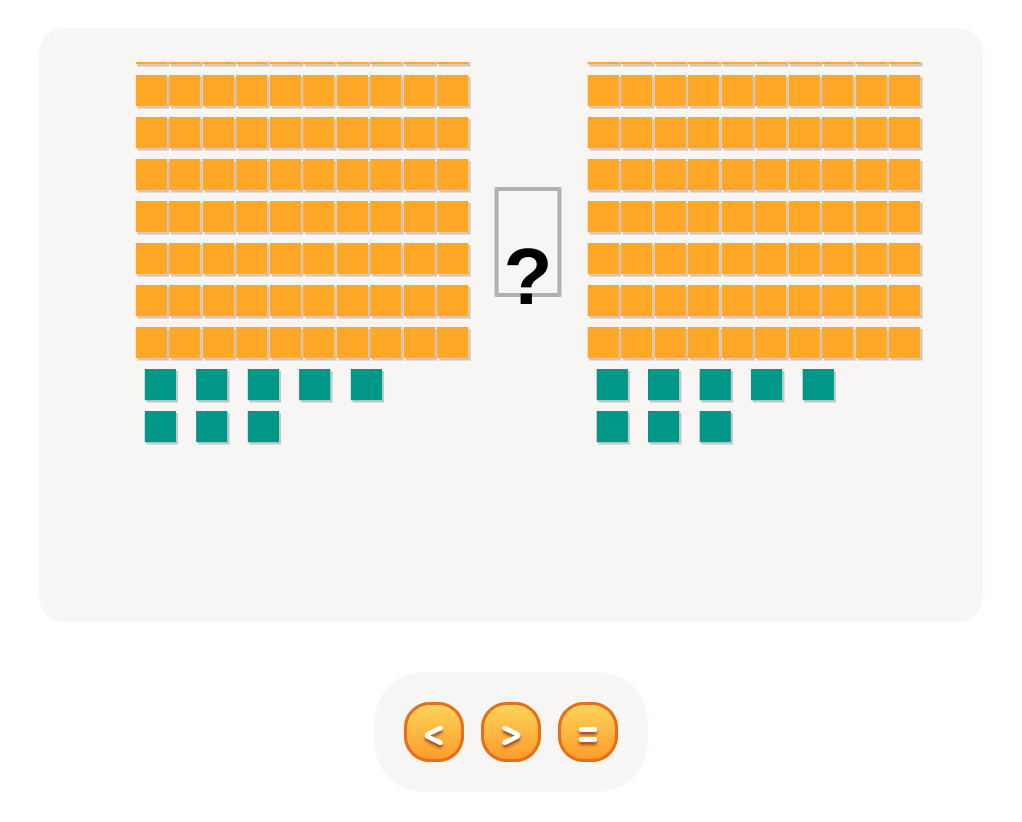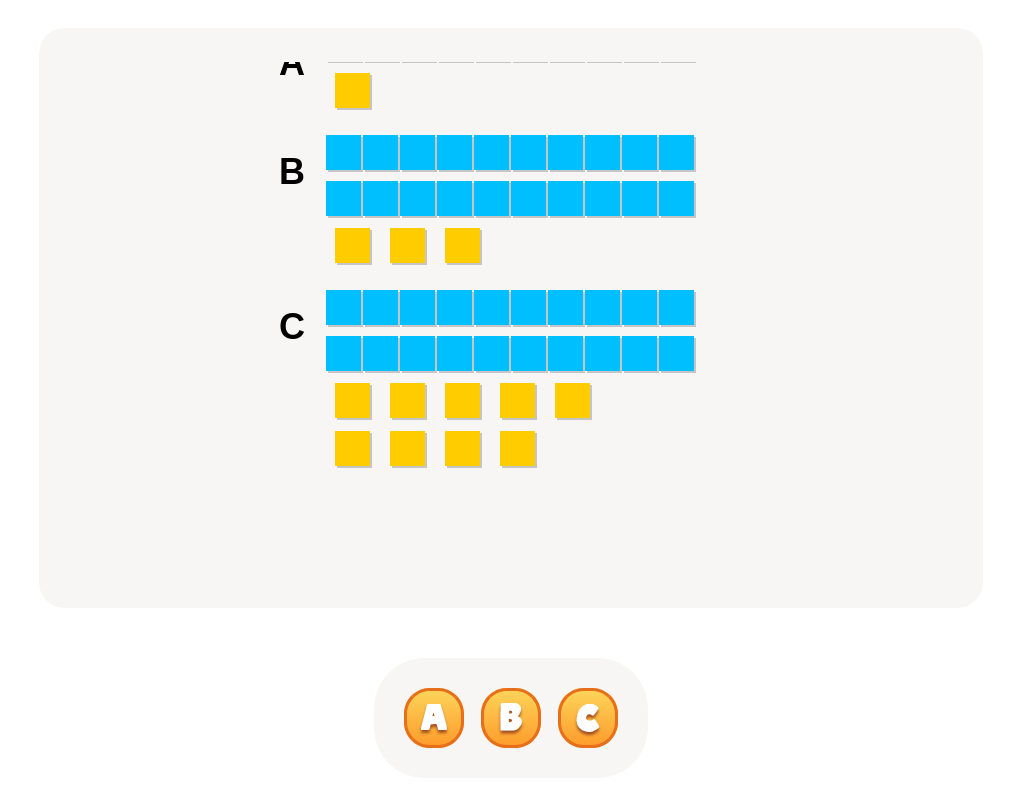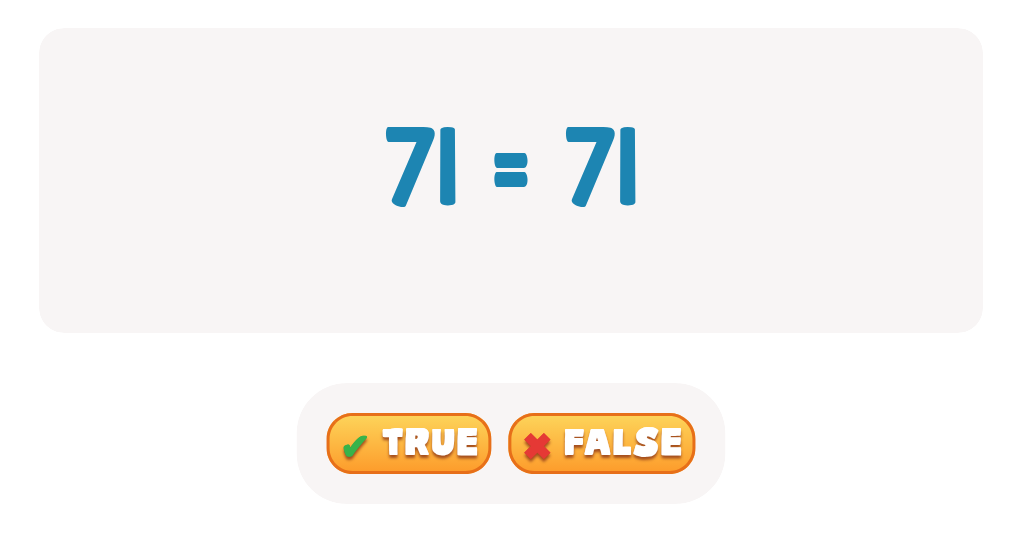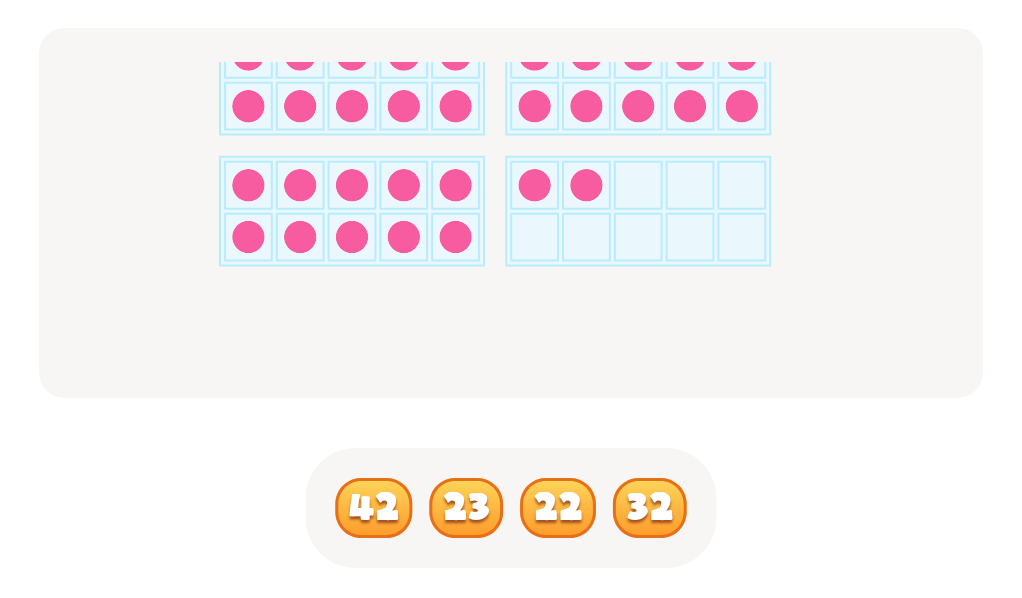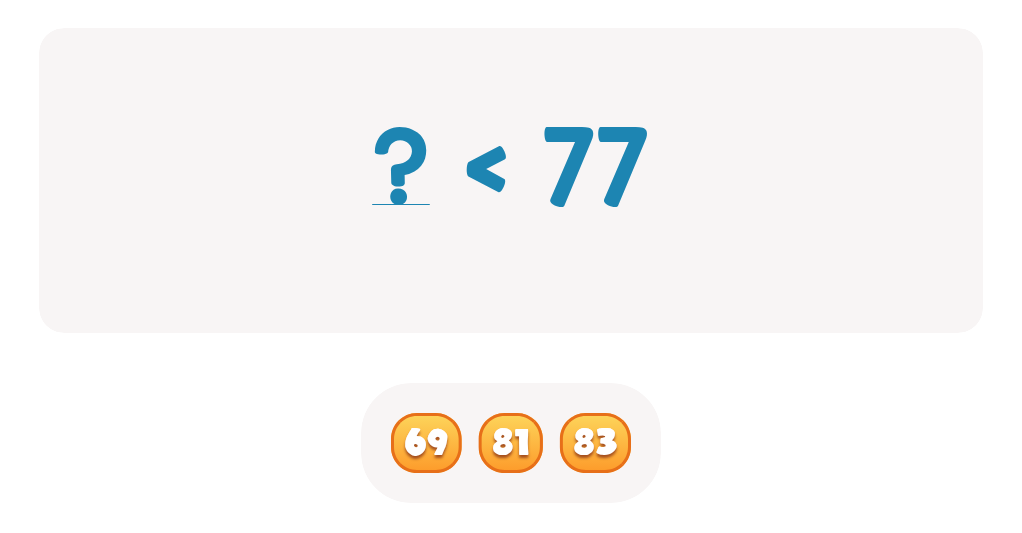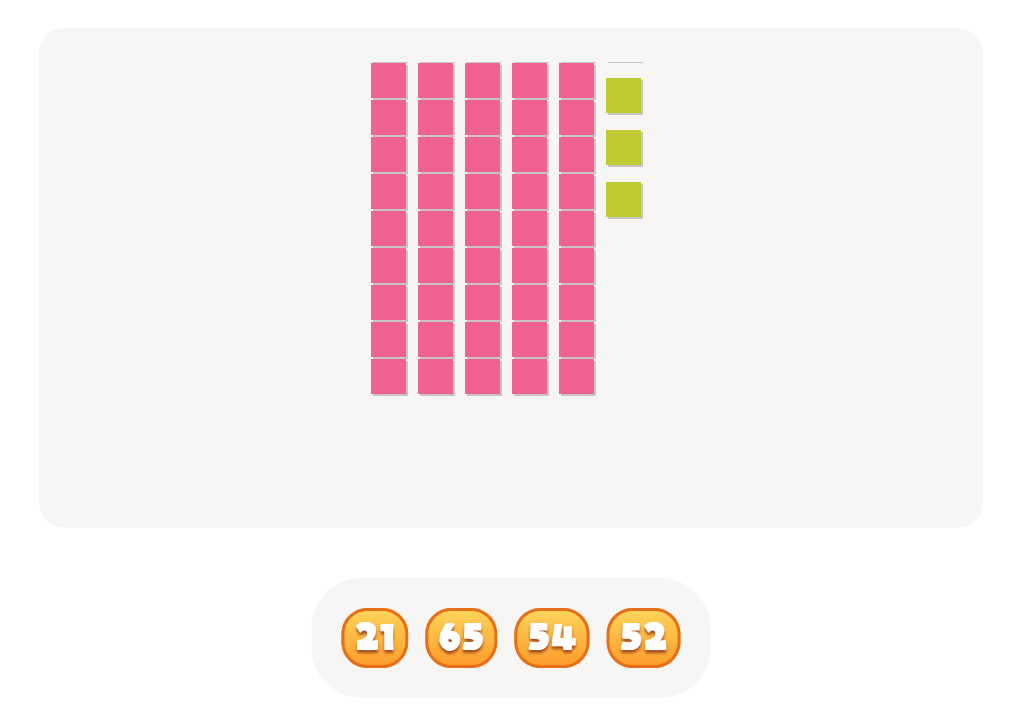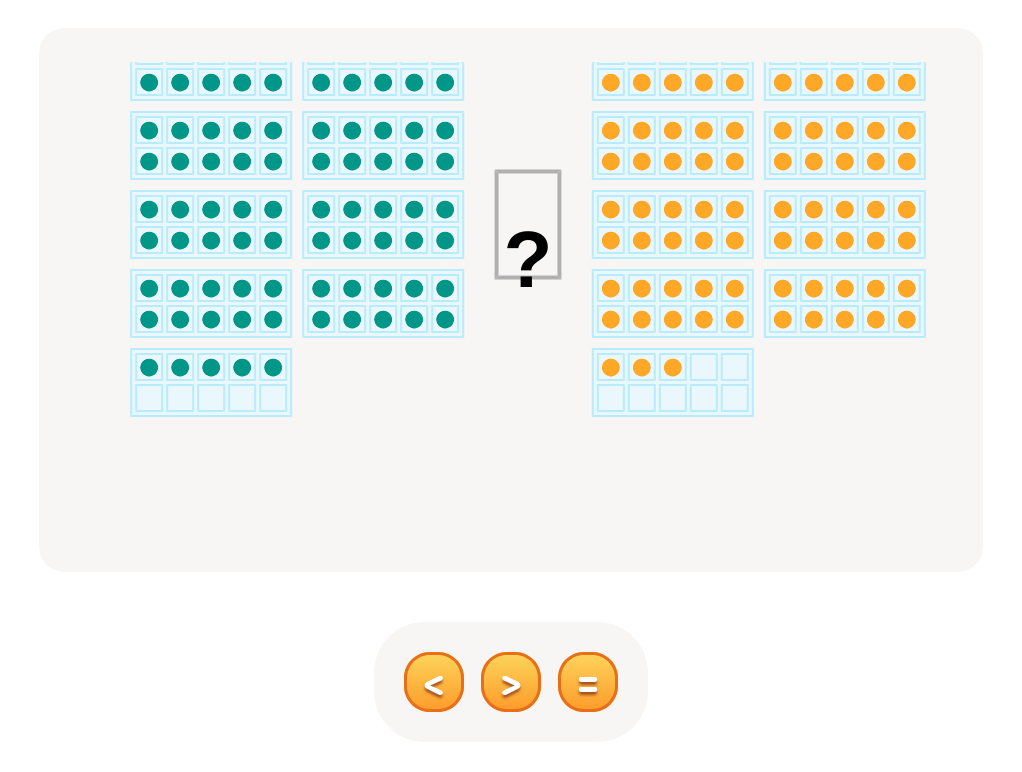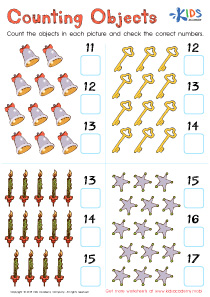Addition skills Normal Place Value Worksheets for Ages 4-9
5 filtered results
-
From - To
Boost your child's math confidence with our Addition Skills Normal Place Value Worksheets for ages 4-9! These fun and engaging printables from Kids Academy are designed to help youngsters master the essential components of addition and place value. Perfect for early learners, the worksheets feature colorful visuals and interactive exercises, ensuring your child grasps key concepts in a supportive, hands-on environment. From counting and adding single-digit numbers to understanding more complex multi-digit problems, these worksheets build a solid math foundation that aligns with learning standards. Accelerate their learning journey today by visiting Kids Academy!
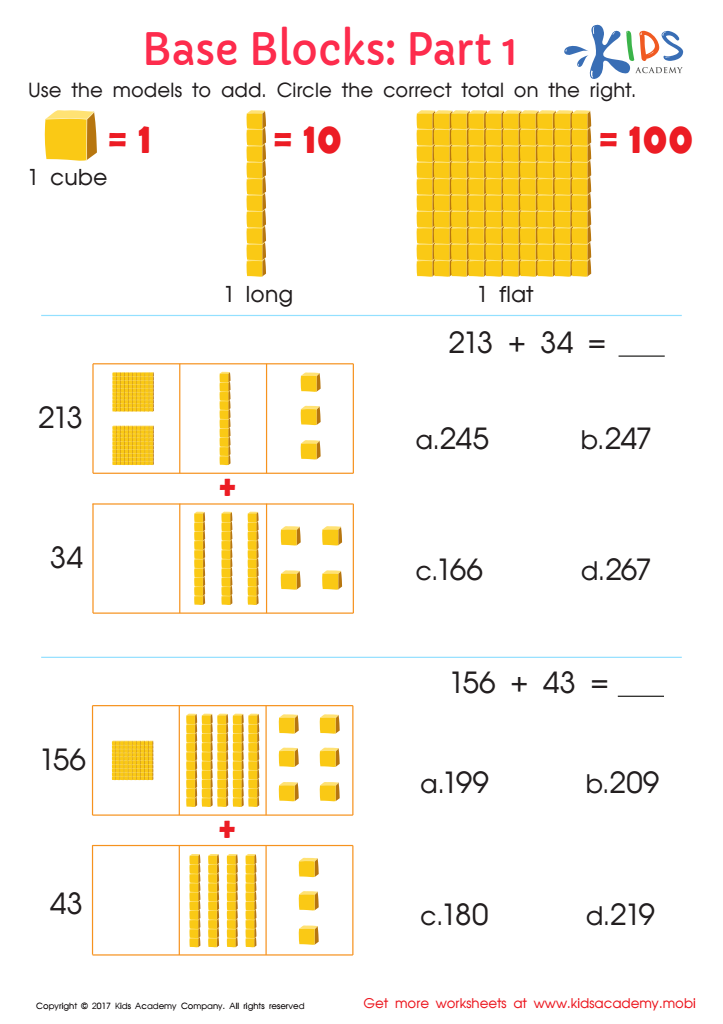

Base Ten Blocks Worksheet: Part 1
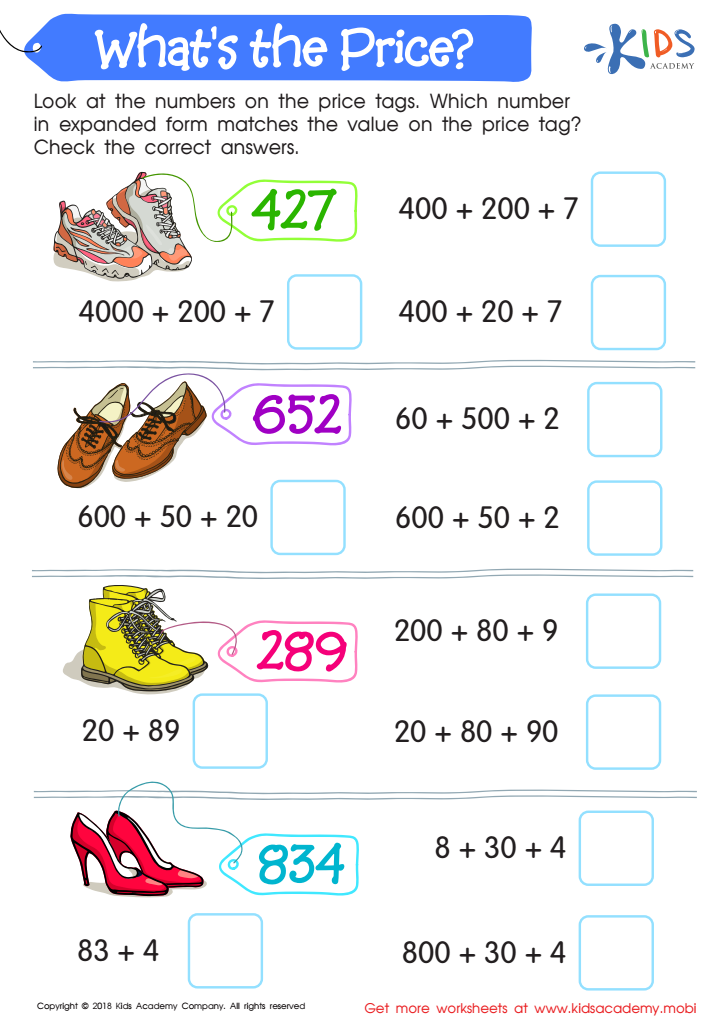

What's the Price? Worksheet
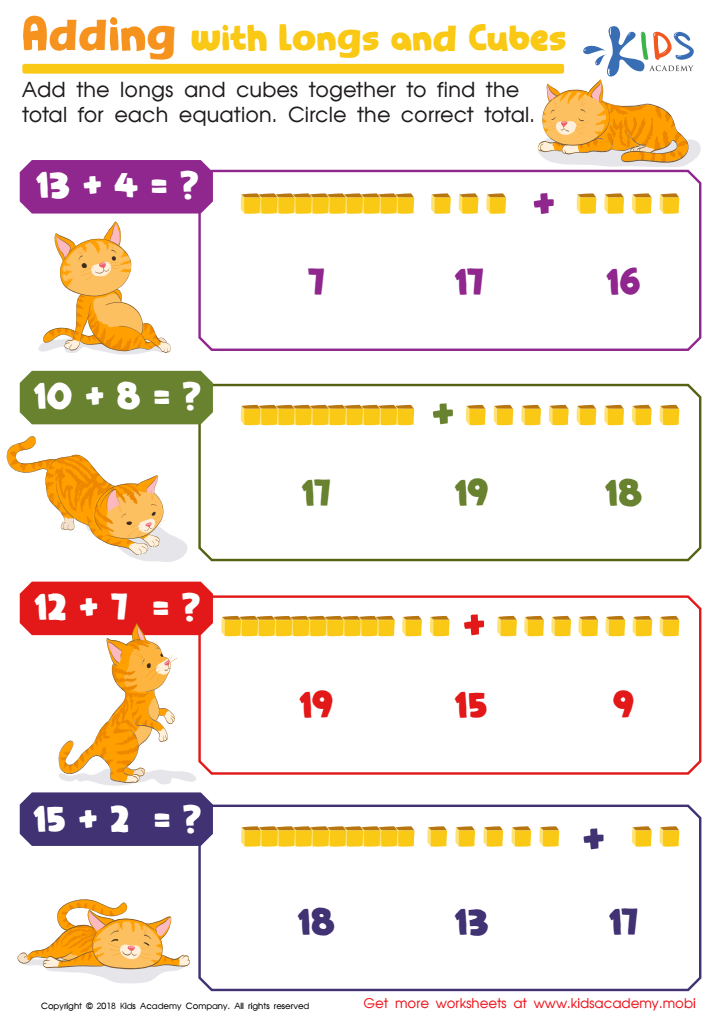

Adding With Longs and Cubes Worksheet
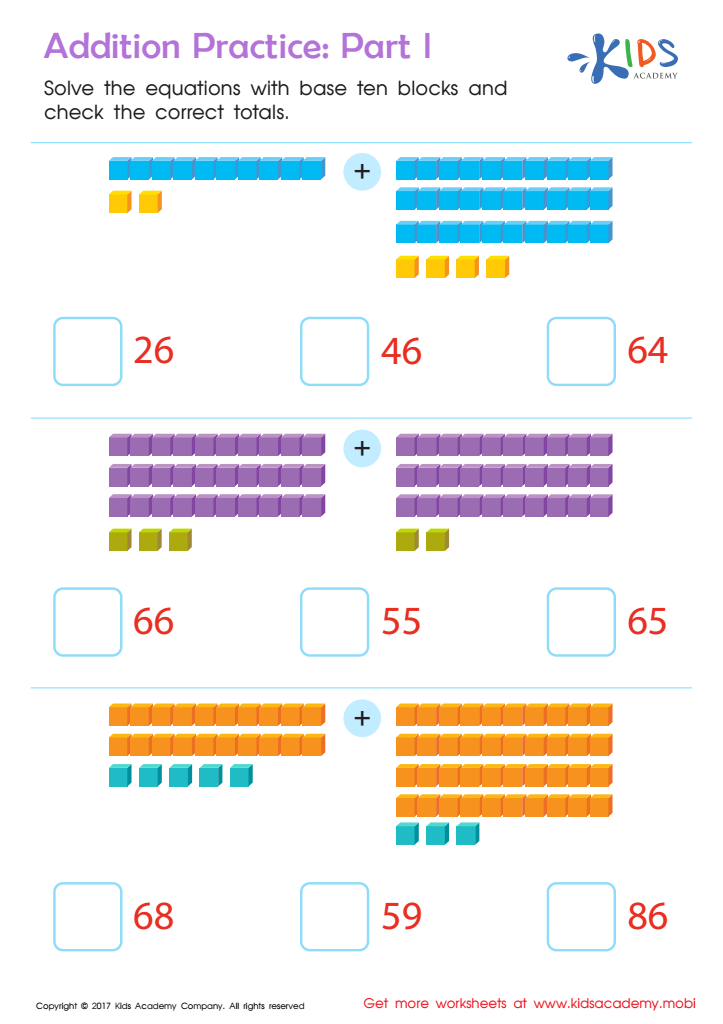

Addition Practice Sheet: Part 1
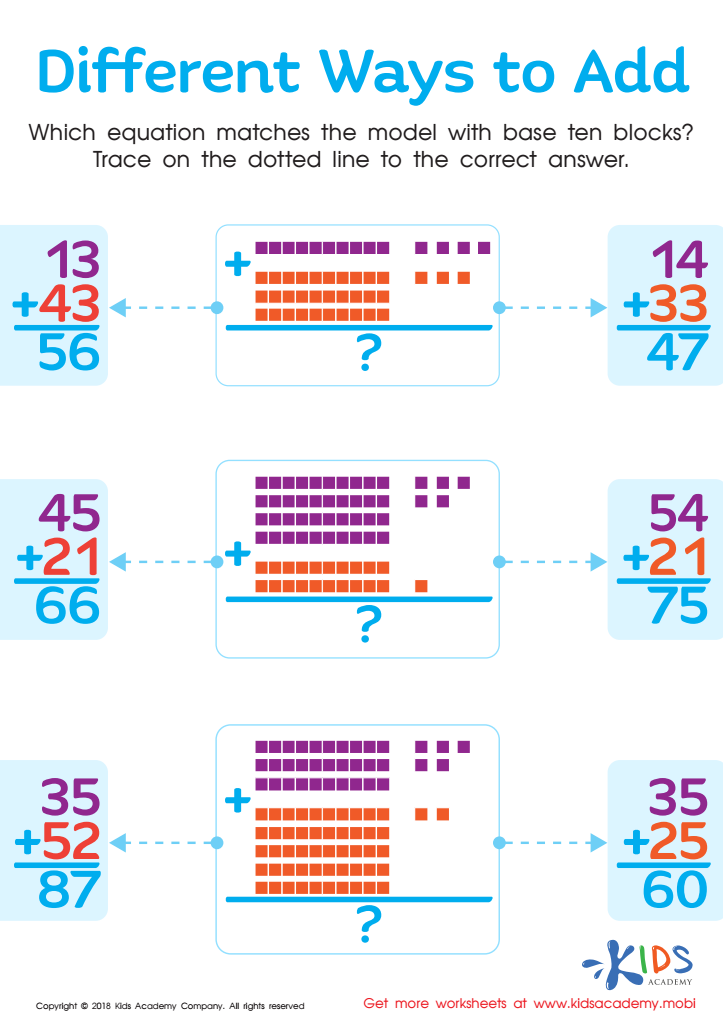

Different Ways to Add Worksheet
Addition skills and understanding normal place value are foundational for young learners (ages 4-9) and form a critical base for future mathematics success. First, mastery of addition equips children with essential numerical fluency, a necessary skill for everyday tasks such as counting money or telling time. Furthermore, addition is foundational for understanding more complex arithmetic operations like subtraction, multiplication, and division.
Moreover, normal place value understanding allows children to grasp the concept of the decimal system—that numbers have different values depending on their position. This comprehension is vital for solving mathematical problems efficiently and accurately. For instance, distinguishing that in the number 47, the ‘4’ represents 40 and the ‘7’ represents 7. Without this fundamental skill, children may struggle with larger numbers and more complex concepts encountered in later grades.
Caring about and supporting the development of these skills ensures smooth progression in mathematics, reduces the likelihood of math anxiety, and even boosts confidence as children tackle increasingly challenging problems. Parents and teachers who invest in these early skills are setting up children not just for academic success but also for a lifetime of self-assured problem-solving in both personal and professional realms. By focusing on addition and place value, we lay down a solid foundation upon which all future mathematics education is built.
 Assign to My Students
Assign to My Students
